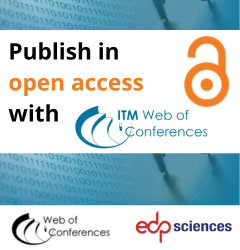Conferences > Mathematics > Automated Theorem Proving > Any Location (virtual event)
Select a location
Any Location (virtual event)
1
Formalize!(?) – 4 — A philosophical & educational perspective on formalization in mathematics
15 Jan 2024 • online, Any Location (virtual event)
Event listing ID:
1583648
Event website:
Conference-Service.com offers, as part of its business activities, a directory of upcoming scientific and technical meetings. The calendar is published for the convenience of conference participants and we strive to support conference organisers who need to publish their upcoming events. Although great care is being taken to ensure the correctness of all entries, we cannot accept any liability that may arise from the presence, absence or incorrectness of any particular information on this website. Always check with the meeting organiser before making arrangements to participate in an event!
No tracking | No pop-ups | No animations
Last updated: 25 October 2023





